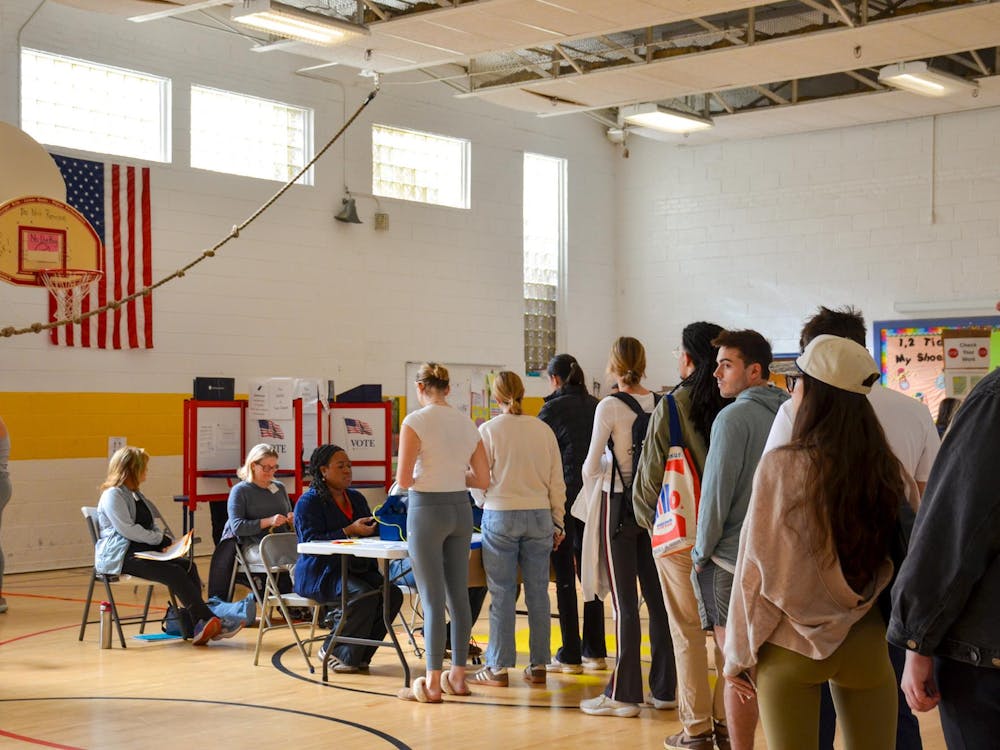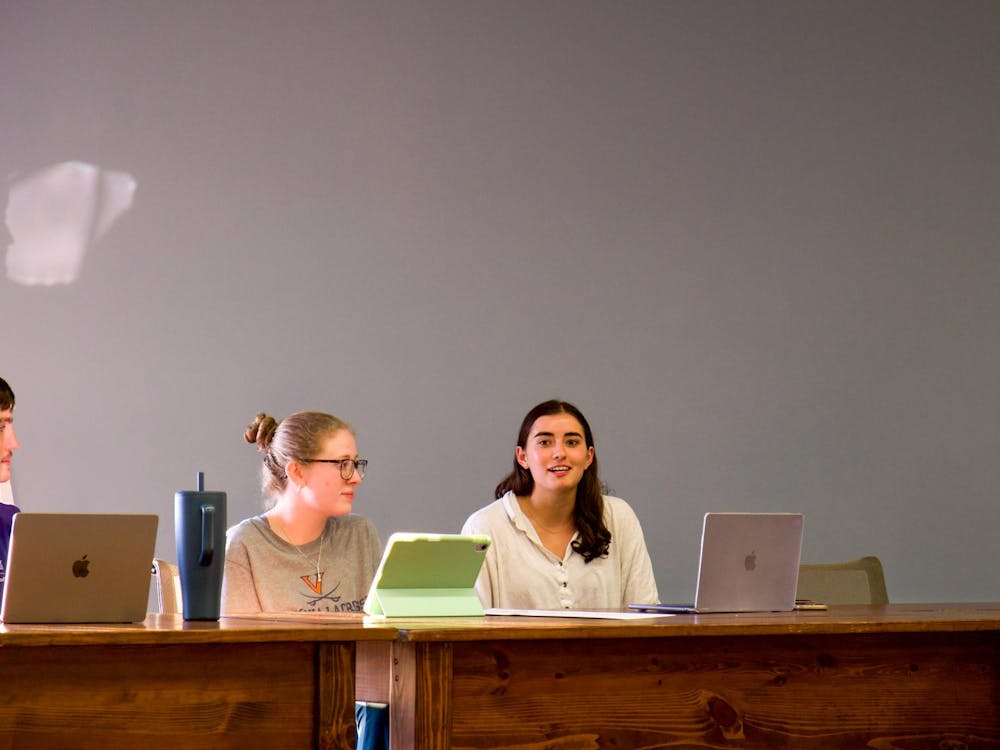Charlottesville City Council met Tuesday night for a workshop to discuss proposals for affordable housing within the city. Council member David Brown said Council agreed in principle to consider using up to $1 million of the city's fund designed to generate economic activity in times of economic downturn by providing loans to building developers to build more affordable housing. Charlottesville Mayor Dave Norris said high land and construction costs make it "hard for developers to make the economics work to include a significant number of affordable housing units without subsidies or density bonuses." He said Council will help subsidize the costs of constructing affordable housing units by providing loans, but noted Council will still have to vote on the individual loans themselves.
Brown noted the reduction in construction costs resulting from the loans could translate into savings for home buyers.
In addition to offering benefits for homeowners and incentives for developers, the loans would in effect pay for themselves -- because developers would have to pay them back -- and would stimulate the economy, Norris said.
"Not only would it be paid back, but in creating economic activity through the construction of new developments, it then generates business activity and job creation and that of course has its own economic ripple effects," he said. "Here's a chance for us not only to provide an economic boost but to address one of the highest community priorities."
Affordable housing, Norris said, is a high priority because finding low-cost housing in Charlottesville is a huge challenge, Norris said.
"People can't afford to live here," he said. "We're second in the state behind northern Virginia for the cost of housing, but if you look at the gap between housing costs and wages, we have the biggest gap in the state,"
Norris attributed the lack of affordable housing to basic economics.
"We're the victims of our own success," Norris said. "Lots of people want to live here because of the high quality of life, which drives up the demand for housing and then drives up the costs of housing. We haven't significantly increased the supply of housing, and we haven't done enough to increase wages. We have had this perfect storm gathering over the years."
Charlottesville Vice Mayor Julian Taliaferro also explained that the housing crunch has not been helped by the recent tightening of mortgaging standards. He noted that people with poor credit scores, as well as those lacking large down payments, are having difficulty obtaining mortgages. Taliaferro said this problem especially affects people with low incomes, such as city employees and the elderly.
To rectify the housing problem, Norris said Charlottesville will need at least 4,000 new units of affordable housing in the next decade or so. The loans, he said, are just the first step.
"Even with this fund and other things we're doing, we're really only scratching the surface of the need," Norris said.
He noted that this loan policy will not address some of the city's other major housing concerns, such as homelessness. As a result, he said, Council is also looking to establish affordable and supportive housing units for homeless people. Funds already set aside in the recently approved 2008-09 budget would cover these costs, he added.
"The next step would be that Council would basically put out a request for proposals for groups to accomplish these objectives [in housing units] and get non-profits and whatnot to submit proposals that we can fund," Norris said.
He also acknowledged that although Council is moving in the right direction through its implementation of new programs, it likely will not be able to invest as many funds as it would like in order to fully resolve the city's housing issues in the coming years. Because of the predicted economic downturn, Norris said, the city budget will likely grow tighter, offering Council fewer ways to fund affordable housing initiatives.






